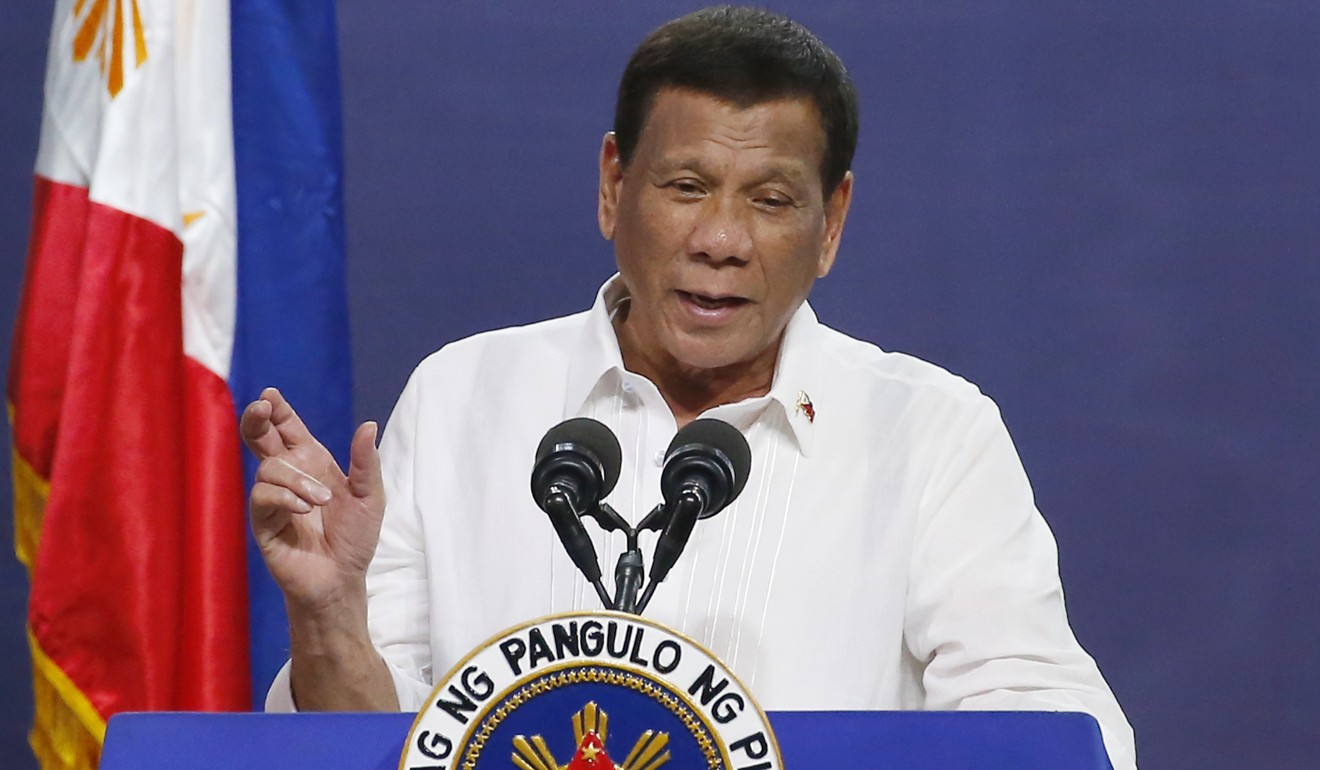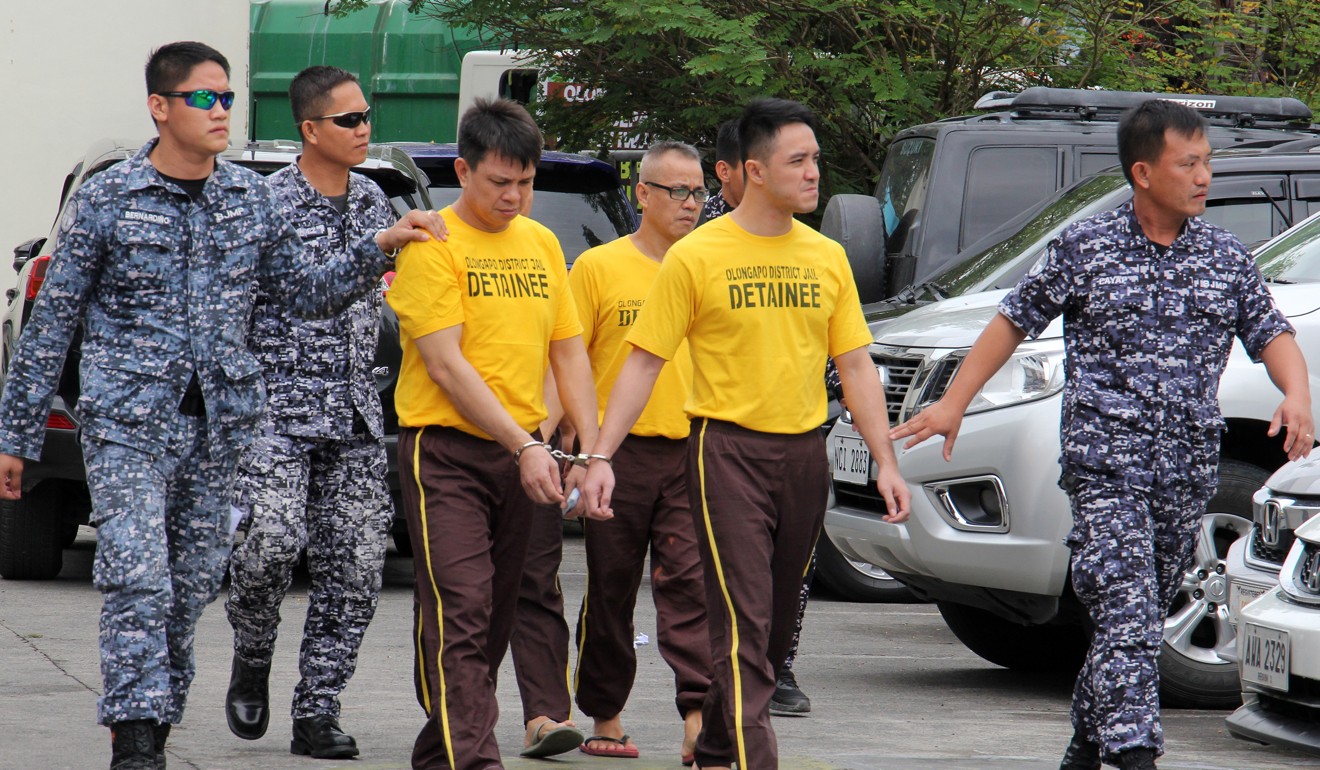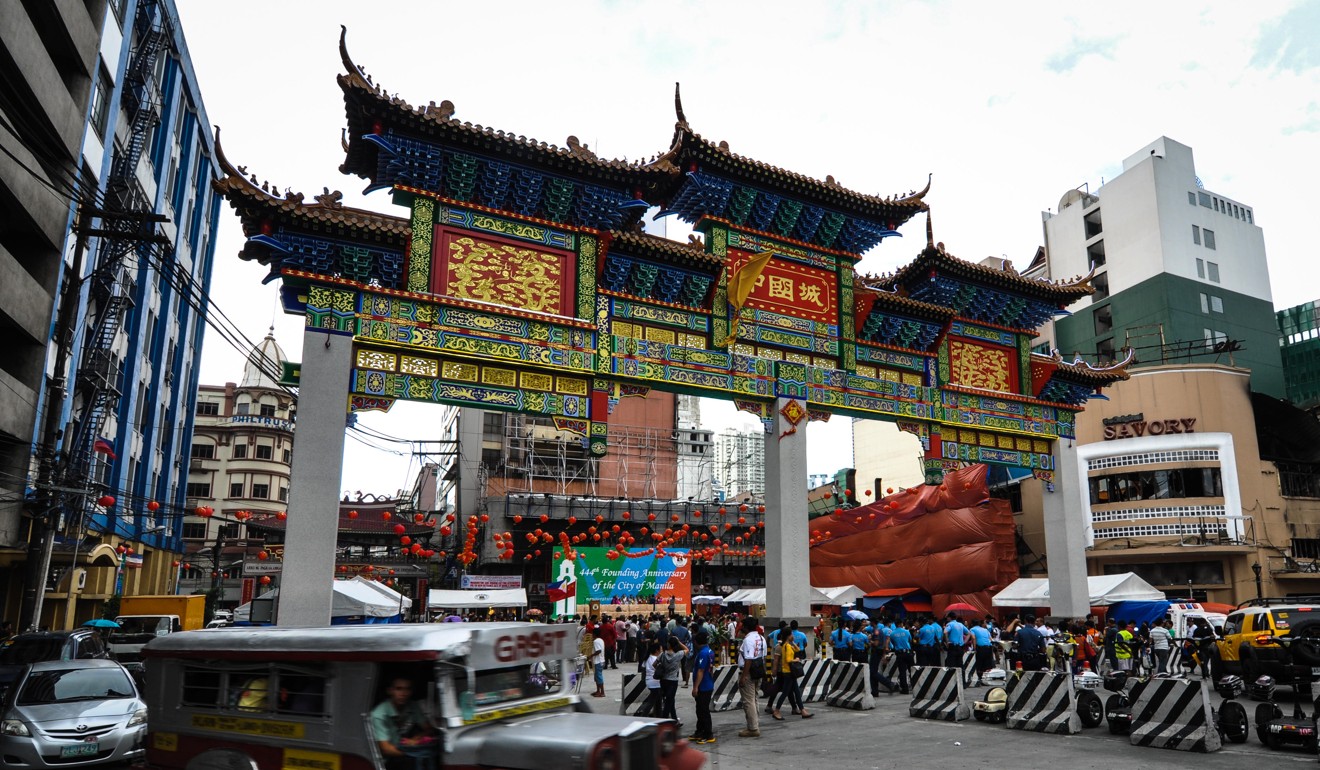
Philippine President Rodrigo Duterte hates gambling, but money talks and he won’t throw away his big chip in Chinese online casinos game
- Richard Heydarian writes that the Philippine president will swallow bitter pill of compromise, dissent from his defence chiefs, xenophobia, and fears of Chinese spies on his doorstep if it’s sugared with billions of dollars in revenues

“The main thing about money,” said Lou Mannheim, a character in the 1987 film Wall Street, “is that it makes you do things you don’t want to do.”
Philippine President Rodrigo Duterte has found himself in just such a predicament after embracing highly lucrative Chinese online casino investments. As a result, Duterte has flown in the face of his misgivings about gambling.
Even more importantly, he has withstood vehement opposition – from his country’s influential defence establishment and from Beijing – to the expansion of so-called Philippine offshore gaming operations (POGOs), which are dominated by Chinese nationals.
Despite claiming that he “hates gambling”, and abruptly shutting down thousands of local lottery operations recently, Duterte has overseen a massive expansion of the Philippine gambling industry.

Its revenues quadrupled to US$4.1 billion during his first three years in office. Licensing fees from new applications increased elevenfold and were expected to reach US$152 million by the end of the year.
Much of the expansion is driven by POGOs, which have been employing tens of thousands of Chinese who have taken advantage of the Philippines’ relaxed visa laws under Duterte.
Conservative estimates put the number of Chinese employed in the industry at 138,000, but many analysts and officials believe that is closer to 400,000 when a huge influx of illegal Chinese workers is included.
Critics fear that online casino platforms, often run in an opaque manner, could become avenues for illicit activities, including money laundering and drug trafficking, not to mention corruption and bribery to get around regulatory restrictions.
Senior Filipino defence officials, however, have raised national security questions. National Security Adviser Hermogenes Esperon has characterised the influx of Chinese nationals as a potential “threat”.
Defence Secretary Delfin Lorenzana openly warned about the prospect of POGOs turning into dens of spies. “[W]hen you already see many people there who are always there … it’s very easy for all these [Chinese] people to, perhaps, shift their activities to spying,” he said.
Lorenzana has focused on the location and clustering of Chinese online casinos close to the country’s security establishments, including the headquarters of the air force, the navy, national police, the defence department, and the army’s HQ at Camp Aguinaldo in Quezon City.

Lorenzana suggested POGOs be relocated to self-contained campuses away from major military establishments.
Meanwhile, the rapid increase in the number of Chinese residents across business districts in Metro Manila has sparked a public outcry, while xenophobic commentaries flood social media.
Many Filipinos have been dismayed not just by “Chinese only” restaurants and residential areas, but also – and more practically – by rising rent and property prices (by as much as 40 per cent) in recent years as a result of growing Chinese demand for space. Filipinos fret over what they perceive as a “Chinese invasion”.
Meanwhile, China has stepped up its criticism of POGOs. Weeks before Duterte’s latest visit to Beijing, the Chinese embassy in Manila released a strongly worded statement calling on the Philippine government to shut down “the most dangerous tumour in modern society”.
“The Ministry of Public Security of China has taken many actions and will carry out more special operations aimed at preventing and combating cross-border gambling,” it said.
Beijing also underscored its commitment to cracking down on “organising gambling overseas and opening online gaming” and, accordingly, “destroy networks of criminal organisations involved in recruiting gamblers from China by overseas casinos and using the internet to open casinos in China”.
Crucially, the statement came as violence against Chinese nationals employed in online casinos spiked. Philippine authorities believe that Chinese organised criminal groups may have been behind the kidnapping, torture and deaths of several Chinese nationals in recent years.
Nonetheless, Duterte refused to budge on the issue while in Beijing, where he met President Xi Jinping and other senior Chinese officials.
“I decide[d] that we need it. Many jobs will be lost. Anyway, it’s government-controlled,” the Filipino leader said when asked about his discussions with Chinese leaders on the issue.

Underscoring the centrality of gambling industry revenues, he publicly warned the online casino operators, “if you don’t remit, even just one non-remittance, you better close [down] .”
The Philippine government, however, has pushed for a compromise.
As a concession to critics, including the Chinese government, the Philippine Amusement and Gaming Corporation recently announced that it will no longer issue new licences for online casino platforms pending a comprehensive review.
The regulator suggested that it was likely to cap the number of POGOs at 61, as other Southeast Asian countries such as Cambodia and Vietnam have also begun restricting Chinese online casino operations.
Nonetheless, Duterte seems determined to defy all his critics by hosting a thriving and controversial Chinese-dominated gambling industry in the Philippines, where, as Gordon Gekko, another character in Wall Street, put it – “Money never sleeps, pal.”
Richard Heydarian is a Manila-based writer